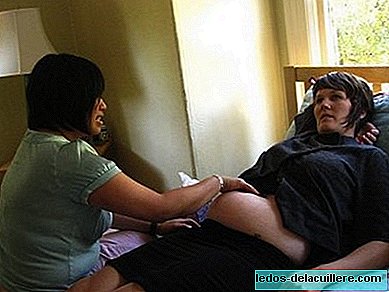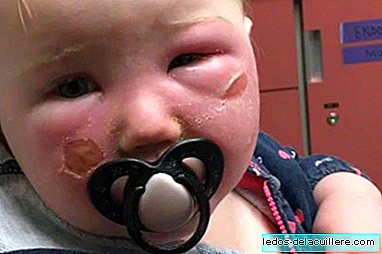
A few days ago the summary of a meta-analysis that called into question the safety of home birth, which we echoed here and that has provoked varied reactions in different fields.
A meta-analysis that, we recall, clearly stated in its conclusions the following: "Less medical intervention during planned home birth is associated with a tripling of the neonatal mortality rate."
Midwives are a group that has felt attacked by this study and who claim that data from births attended by professionals and non-professionals have been mixed in the meta-analysis.
But there are also authors of the original studies that have expressed their disagreement with the analysis of the data that have been made in the subsequent collection. Recall that 12 studies conducted in English in developed countries were considered.
The Midwifery Alliance of North America and other midwifery and newspaper associations echo the statements of the Canadian authors of one of the studies taken into account by the meta-analysis.
Dr. Michael Klein, professor emeritus of family medicine and pediatrics at the University of British Columbia, is co-author of one of the studies used in the report, and has already written a response to the journal in which the meta-analysis was originally published, the "American Journal of Obstetrics and Gynecology."
The author, along with Patricia Janssen, associate professor, points out that the data was misunderstood and that it is an interested study, which has to do with the low regard of midwives in the United States, and that offers sensational conclusions.
That is based on data that are, in some cases, decades old, with very small samples and in some cases incomplete. In many cases, they say, the deliveries included in the studies they could be unplanned.
Canadian researchers point out that only data from Canada and the Netherlands are as rigorous as they should be. So how does such a broad meta-analysis come to consider outdated or incomplete studies? And how does its publication and conclusions have such an impact in scientific fields?
Honestly, these are issues that escape me and given the impossibility of accessing the original studies, I have to trust that their conclusions are due to the consideration of deliveries attended by personnel not properly qualified.
Then, we must look for the reason why home births occur under these conditions, and claim that the appropriate criteria for attending a home birth are followed.
I remind you that from this link you can consult the complete meta-analysis in English, which continues to bring Opinions found about home birth safety, as we see with criticisms included from one of the original authors.












